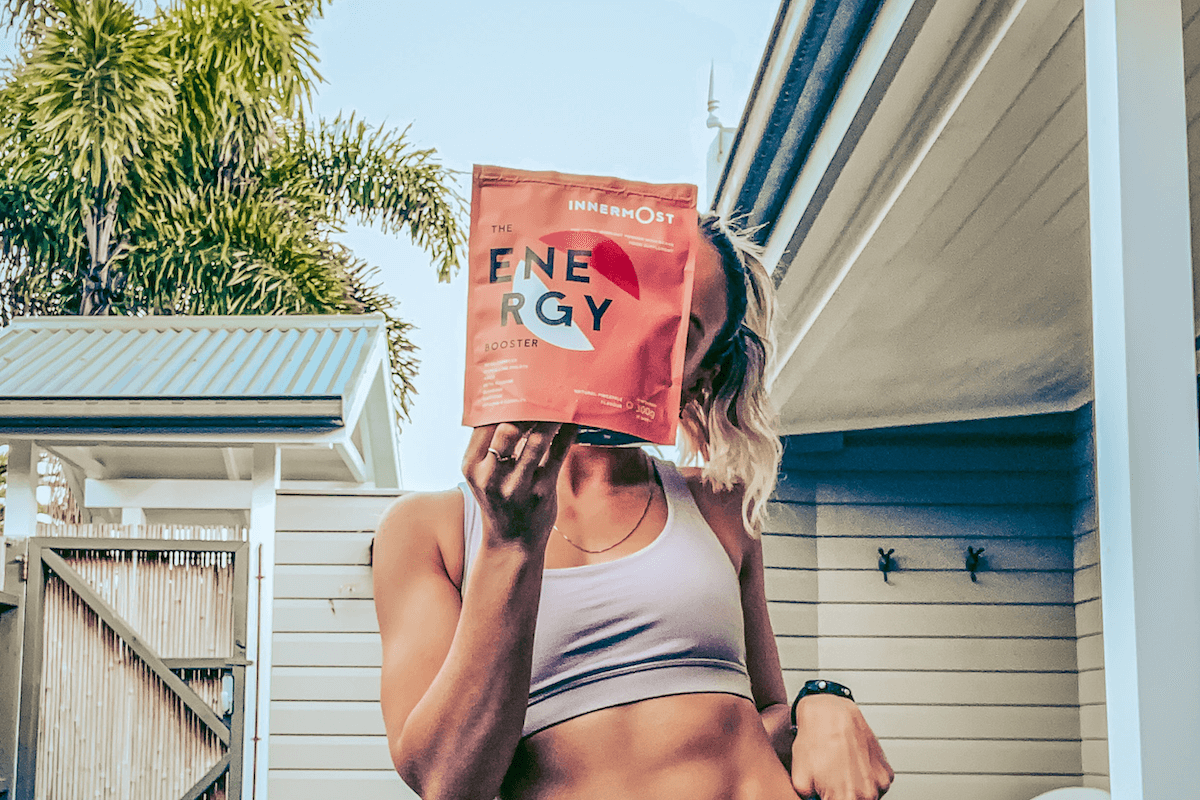Recently started working out? Think you might benefit from a little bit of an energy boost before a workout? Want to perform to the best of your ability? You’ve probably been told about pre workout. But what is pre workout, how does it help, and how does it work?
What is pre workout?
Putting it simply, pre-workout is essentially a supplementation that you take around thirty minutes to one hour before a workout, that is formulated to both increase your energy and enhance your performance.
People take pre workout for a range of reasons including those above, and the best thing about this supplementation is that you don’t just experience the benefits before and during your workout, but after the workout, too.
From assisting in the muscle repair cycle to easing the fatigue of a particularly intense gym session, pre workout is a great addition to your workout routine… and the way it works is pretty clever. You’re definitely going to want to hear this.
How does pre workout work?
Bit of a tongue twister that one.
Pre workout supplementations such as The Energy Booster work by simply boosting energy production in the body. Pre workout supplementations contain a range of active ingredients to help you make the most of your workout, with some of the main ones including Branched Chain Amino Acids and Beta Alanine.
Branched chain amino acids
If you’ve been here before, you’ve probably heard us talk about branched chain amino acids . Branched Chain Amino Acids, or BCAAs, are included in pre workout supplementations due to their vital role in the control of protein and it’s use in the body.
BCAAs work by increasing protein production and ensuring that the minimum amount of protein is broken down during a workout, with the aim of building muscle and minimising muscle damage. Pretty neat.
Beta alanine
Another common ingredient in pre workout supplementations is Beta Alanine. Included with the aim of helping you make the most of your workout by boosting your endurance and maximising your stamina, beta alanine works to reduce feelings of fatigue and helps you smash your personal bests.
The health benefits of pre workout supplements
Extra energy for your workout sounds great, right? But what else can you get from a pre workout supplementation?
We’re glad you asked.
Pre workouts pack a punch when it comes to health benefits. From increasing your stamina to enhancing your muscle power, here are some health benefits of pre workout supplements that we love:
- Increases your motivation levels
- Helps to maintain focus
- Increased concentration
- Reduces the feelings of fatigue
- Promotes muscle growth
- Reduces protein breakdown
- Increases your physical performance
How long does pre workout take to kick in?
How long it takes for you to feel the effects of pre workout will all depend on the product you select and the ingredients it contains, as well as external factors such as your body type and how much you've eaten that day. As a rough figure, it should take between 15 and 30 minutes for you to start feeling the effects of a pre workout, but the best thing to do is try some and see what works for you.
What is the best pre workout?
Unlike other pre workout supplementations on the market, The Energy Booster doesn’t prioritise caffeine as it’s main ingredient. Created to ensure you’re maximising your workout, The Energy Booster aims to improve your speed, power, strength and endurance.
Whilst its true that caffeine is a great natural energy booster, too much caffeine can be problematic, leading to side effects such as anxiety, headaches and nausea when consumed in too large of quantities.
Instead, The Energy Booster includes added branched chain amino acids (BCAAs) to ensure that you get that all-important energy boost that pre workout supplementations are famed for. Not only that, The Energy Booster has been formulated by leading nutritionists so that you can be sure that you’re not only making the most of your workout, but making healthy choices for your mind, body and soul.
But don’t just take our word for it. The Energy Booster has won an award or too, which we couldn’t not mention. Awarded best pre-workout in the Men’s Health Sports Nutrition Awards, when looking for the best pre workout, this one is your winner.
Simply mix The Energy Booster with water and you’re good to go.
Are there any side effects when taking pre workout?
Due to the nature of Beta Alanine, some people report a slight tingling sensation shortly after consuming pre workout powders that contain this ingredient. Don’t panic though, this is totally normal, and will wear off shortly. If you experience this, though, we recommend reducing your intake of pre workout to ensure you don’t experience these sensations. But it’s definitely nothing to worry about – you can be sure of that.
It's also best to take these early in the day if possible, and not before bed. We've called it The Energy Booster for a reason...
Summary
It’s a no brainer, really. Pre workout has great benefits and the ability to really supe up your training. With the demands of daily life, its not everyday that you’re going to turn up to your workout or gym class and feel raring and ready to go… and for those times, a pre workout supplementation is a real helping hand.
If you’re planning to implement a pre workout supplementation to your diet, make sure you’re doing so safely. Pre workouts are entirely safe to take on a regular basis, but if your go-to contains high amounts of caffeine, make sure you’re sticking to daily recommended doses.



















